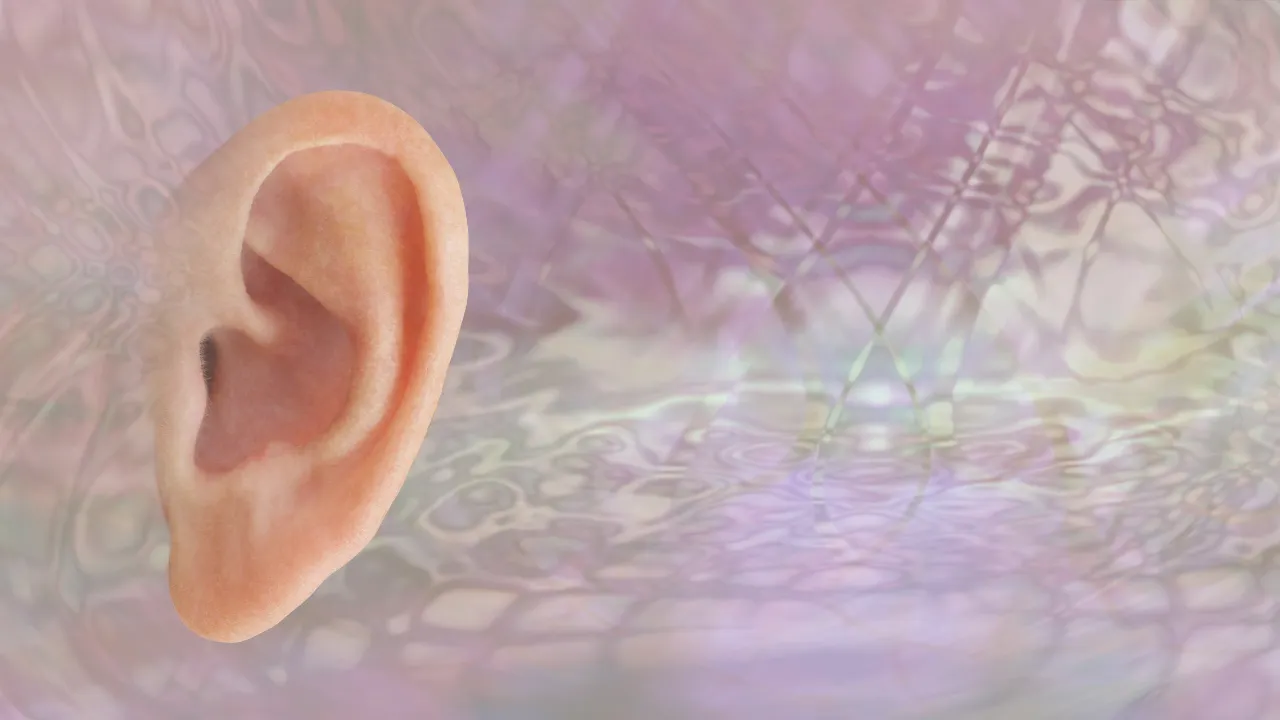11 Quick Tips for Living with Tinnitus
Tinnitus refers to a ringing in the ears that often accompanies hearing loss. An estimated 50 to 60 million people in the US experience these symptoms, especially as they grow older. While tinnitus rarely indicates a serious condition, it can be challenging to live with.
Most forms of tinnitus are caused by your nerves reacting to abnormal electrical signals that your ears are sending to your brain. While it's usually called ringing in the ears, it can be any kind of sound, including whistling, buzzing, or roaring.
If you think you have tinnitus, it's important to see your doctor to determine what type of tinnitus you have and what your options are.
Meanwhile, take a look at these tips for eliminating the symptoms or minimizing their impact on your life.

Treating Tinnitus That Has a Known Cause
Tinnitus can have many causes. Your doctor will perform tests and ask about your medical history to determine what's appropriate for your symptoms.
These tips may help:
1. Wait it out. Tinnitus that follows exposure to a loud noise is usually temporary. To prevent future damage, avoid loud noises or wear protective gear.
2. Check your medication. A number of common drugs can trigger tinnitus. That includes aspirin and other nonsteroidal anti-inflammatory drugs, and some antibiotics and cancer drugs. Talk with your doctor about changing your prescription.
3. Remove ear wax. Impacted ear wax can also be a factor. To be safe, let your doctor remove it rather than trying to do it yourself.
4. Treat related conditions. In rare cases, tinnitus may be a sign of underlying issues, including vascular conditions or tumors. Proper treatment can help restore your health.
5. Recognize pulsatile tinnitus. Unlike other forms of tinnitus, this one produces sounds that your doctor can hear too, because it's caused by the blood circulating in your body. Your doctor can treat any related conditions, and may recommend medication and lifestyle changes.
Treating Tinnitus When the Cause is Unknown
In some cases, tinnitus has no clear cause or appears to be related to aging. You may still find significant relief through various treatments and coping methods. These actions may alleviate the noise:
1. Mask the sound. Special equipment or an ordinary fan can provide background noise to make the sounds in your ears less perceptible. You might want to test an inexpensive method first before investing in more expensive devices.
2. Wear a hearing aid. Hearing aids can reduce your tinnitus and enhance your hearing. A trained audiologist can help you select a tinnitus masker or any kind of model that you may need.
3. Relax your muscles. Muscle tension can aggravate tinnitus. Tell your doctor if you clench your jaw or grind your teeth. They may recommend massage therapy.
4. Practice self-care. Tinnitus can interfere with your sleep and make it more difficult to deal with discomfort. Make an extra effort to eat well, exercise, and get adequate rest. You may also want to avoid potential irritants such as tobacco, alcohol, and excessive caffeine.
5. Try therapy. Cognitive behavioral therapy and tinnitus retraining therapy have both shown promising results. CBT generally lasts a few months, and can help you learn coping skills. TRT involves wearing a special device for a year or more to help your auditory system become less aroused by the noises.
6. Consider medication. There is no drug specifically for tinnitus. However, your doctor may recommend antidepressants or anti-anxiety drugs, depending on your individual symptoms.
There are many effective treatments for tinnitus and hearing loss.
Talk with your doctor about your options, consider wearing a hearing aid, and try other remedies that can reduce the ringing sounds and help you to hear well.
Copyright 2023. All rights reserved.
This site and the products and services it offers, are not associated or affiliated with, nor endorsed or sponsored by Youtube or its parent. They have not been reviewed, tested or certified by Youtube or its parent company. Causes of ailment or condition vary amongst individuals. It is incumbent on each individual to perform due diligence before purchasing any product or service recommended by this site, to verify with the manufacturer any claim, statistic, quote or other representation about the product or service. Results mentioned in testimonials and references are not typical, and are intended to serve as examples only.This site may contain affiliate links, or other forms of compensation. An affiliate link is where we recommend a product or service and provide a link through which you may purchase. In the event that a purchase is made, we will be compensated. These statements have not been evaluated by the Food and Drug Administration.
